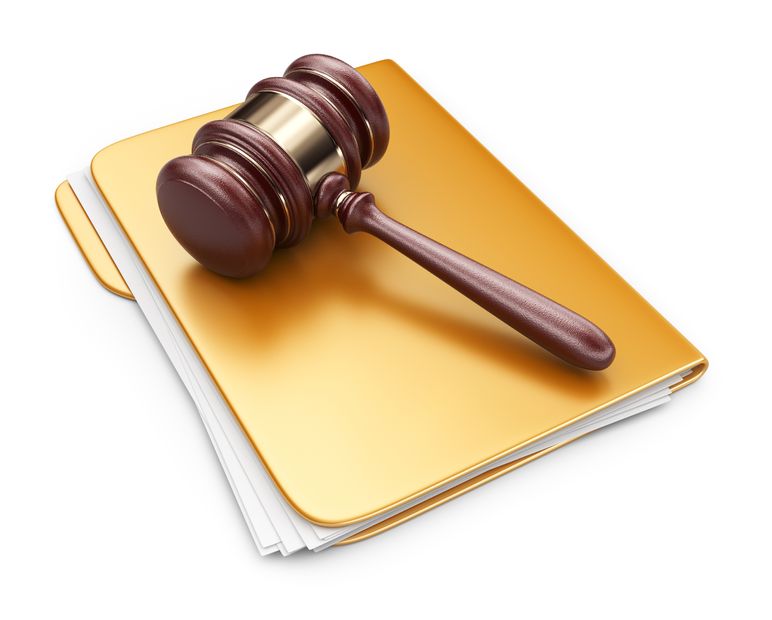Utilizing court records in an investigation is clearly a worthwhile strategy, and even in certain cases a requirement. Yet even experts in investigation may not know everything there is to know about the best search methods, how court records are organized, or how to utilize said records for the purposes of research and investigation.
As such, we’ve sleuthed out some of the lesser known facts around court records that you may not – but need – to know. Utilizing a recent webinar by Brian Willingham, a top investigator, blogger, and social media expert on the subject, we share these important pieces of information below.
-
Know types of cases filed in each of the two areas of courts.
When searching for case information, know the difference between which types of records appear in which of federal courts and state courts. Federal courts preside over cases that break federal laws such as social security fraud, bankruptcy, patent law, or illegal immigration. Conversely state courts tackle cases concerning civil disputes such as divorces, family law, domestic disputes, and contract challenges.
-
The most effective way to obtain records is to go straight to the court and get the documents while there.
This is an understandable challenge if the record you seek is several states away, but challenges arise when you don’t go straight to the source. Databases certainly help, but the most complete information is contained within the actual court finding itself, which is obtainable.
-
There are around 150 million cases filed each year in United States courts.
A mind boggling fact indeed, these cases are well dispersed throughout this land. There are 94 district courts in the US, and over 3,000 counties (or county-equivalents like boroughs or parishes) to boot. In fact, there are 250 counties in just Texas alone. This means there are literally millions of data points to access, some of which could strongly help your case.
-
Know all the names and aliases of the subject – birth name alone may not cut it.
People change their names and court records are managed by humans – there is room for error. Records regarding one person may not be synced among all names the person has held. Consider all of the nicknames, maiden names, middle names or hyphenated names that could have a bearing in the search query of the person you’re searching for.
-
Courts are based on facts – much different information is obtained than interviews with associates are.
Court information is provided under oath, giving witnesses and court record keepers reason to make sure they have their facts straight. This can give you a different picture of the person you are researching than interviews with their friends, colleagues, family and neighbors will. As such, you will gain another level of insight into the case to help you along the investigation.
Want to learn more about court records? Ask your questions in the comments below.
Source:






